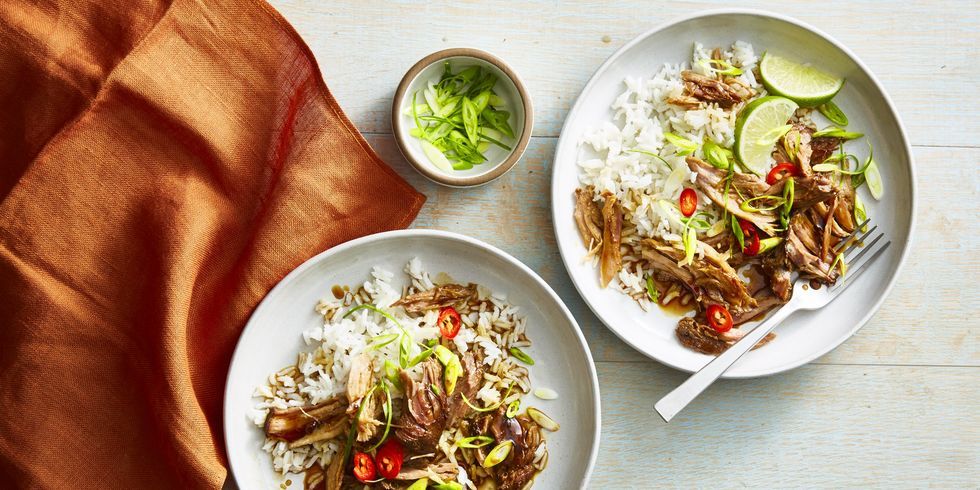- Cut Back on Carbs
Research has confirmed that low-carb diets are extremely effective for weight loss.
Reducing your carb intake may help get your weight moving in the right direction again when you feel hopelessly stalled.
- Increase Exercise Frequency or Intensity
Revving up your exercise regimen may help reverse a weight loss plateau.
- Track Everything You Eat
Sometimes, it may seem as though you’re not eating that much, yet you still have difficulty losing weight.
Overall, researchers have reported that people have a tendency to underestimate the amount of food they eat
- Don’t Skimp on Protein
If your weight loss has stalled, increasing your protein intake may help.
First, protein boosts metabolic rate more than either fat or carbs.
This has to do with the thermic effect of food (TEF), or increase in metabolism that occurs due to the digestion of food. Protein digestion boosts calorie burning by 20–30%, which is more than twice as much as fat or carbs
- Manage Stress
Stress can often put the brakes on weight loss.
In addition to promoting comfort eating and triggering food cravings, it also increases your body’s production of cortisol.
- Try Intermittent Fasting
Intermittent fasting has become very popular recently.
It involves going for long periods of time without eating, typically between 16–48 hours.
- Avoid Alcohol
Alcohol may be sabotaging your weight loss efforts.
Although one alcoholic drink (4 ounces of wine, 1.5 ounces of hard liquor or 12 ounces of beer) contains only around 100 calories, it provides no nutritional value. In addition, many people have more than one drink at a sitting.
- Eat More Fiber
Including more fiber in your diet may help you break through a weight loss plateau.
- Drink Water, Coffee or Tea
While sugary beverages lead to weight gain, some beverages may help reverse a weight loss stall. Studies have found that plain water can boost metabolism by 24–30% for 1.5 hours after drinking a 17-ounce (500-ml) serving
- Spread Protein Intake Throughout the Day
When it comes to protein, it’s not just your total intake for the day that matters.
Consuming protein throughout the day provides you with several opportunities to boost your metabolism through the thermic effect of food (TEF).
- Get Plenty of Sleep
Sleep is extremely important for good mental, emotional and physical health.
It’s also becoming clear that not getting enough sleep can lead to weight gain by lowering your metabolic rate and altering hormone levels to drive appetite and fat storage
- Be as Active as Possible
Although working out is important, other factors also influence the number of calories you burn each day.
- Eat Vegetables at Every Meal
Vegetables are the ideal food for weight loss.
Most vegetables are low in calories and carbs, high in fiber and loaded with beneficial nutrients.
- Don’t Rely on the Scale Alone
When trying to lose weight, hopping on the scale is likely part of your daily routine.
However, it’s important to realise that the scale reading may not accurately reflect your progress, such as changes in your body composition.
Rather than weight loss, your goal is actually fat loss. If you’re working out regularly, you may be building muscle, which is denser than fat and takes up less room in your body.





